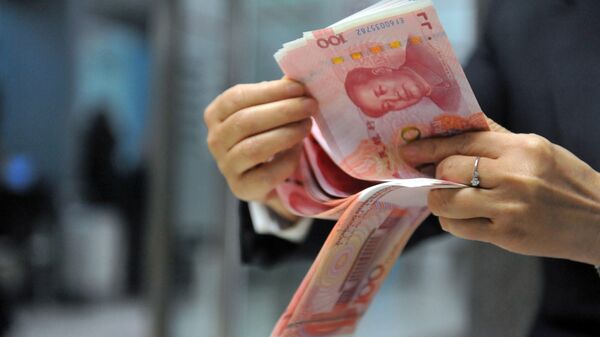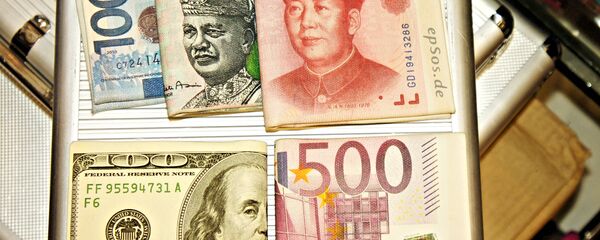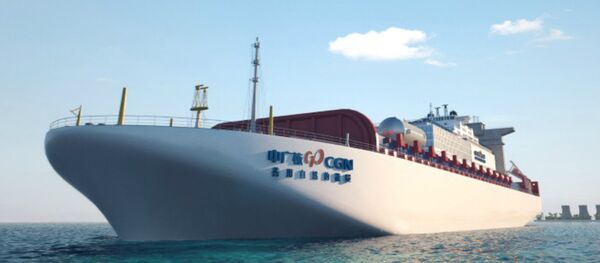PBOC's Chen said during his speech at a financial forum in Hangzhou on Sunday that threats to financial market sustainability are rife due to significant debt imbursement fueling the mainland's economic growth over the past several years, as reported by Shanghai Securities News. In order to address the emerging challenges, Chen said, the PBOC is working towards enhancing the capabilities of monetary policy regulation, including through the elimination of supervisory loopholes.
According to several recent reports on mainland China's credit expansion, in Q1 new loan issuance surpassed $1 trln, ensuring a less dramatic slowdown of the broader economy, to just 6.7% from a year ago. The Chinese growth had been 6.9% throughout 2015, and if not for debt imbursement, the current slowdown might have been steeper, albeit less risky. China's economy is now at its slowest pace of expansion since 2009.
Subsequently, if worst comes to worst, mainland China's economy is facing two potential scenarios: a domino-effect debt crisis similar to that in the US in 2008, or a disinflationary trap reminiscent of that in Japan since early 1990s.
"Every major country with a rapid increase in debt has experienced either a financial crisis or a prolonged slowdown in GDP growth," Ha Jiming of Goldman Sachs said.
The mainland's total debt now amounts at 237% its GDP, according to some estimates, with all debt insured by the central government in Beijing. That is far above other emerging markets indebtedness, which stands at an average of 175% GDP, according to the Bank of International Settlements' (BIS) data. Yet, the BIS calculations put mainland China's total net debt at 249% GDP, compared to that of 248% in the US, and 270% in the Eurozone.
According to Financial Times estimates, mainland China's net debt stood at $25 trln in late March, including both domestic and external borrowing. Such a situation, as warned by the International Monetary Fund (IMF) recently, poses a menace of rife spillover effects to advanced economies involved in mutual trade with mainland China.
In Q1 mainland China borrowed 6.2 trln renminbi, or roughly $1 trln, adding some 15% to its total debt from a year earlier. That, compared to GDP growth of 6.7%, puts the very health of the Chinese economy into question.
Unlike most other economies, the lion's share of China's debt is corporate, at roughly 175% its GDP compared to that of 70% in the US, 100% in Japan, 100% in the Eurozone, 75% in advanced economies, and just 25% in emerging markets as a whole. Most of the advanced nations' debt is household and governmental borrowing, whilst in emerging markets general household indebtedness is the largest part of total net debt, according to BIS data.
Should certain banks turn out to be unable to finance their liabilities, including due to the mounting non-performing loans burden, a financial crisis would be a matter of time. That said, adequate policy and regulative response from Beijing is vital at this point, as the debt-fueled growth model has not provided the desired acceleration to the nation's economy anyway.







